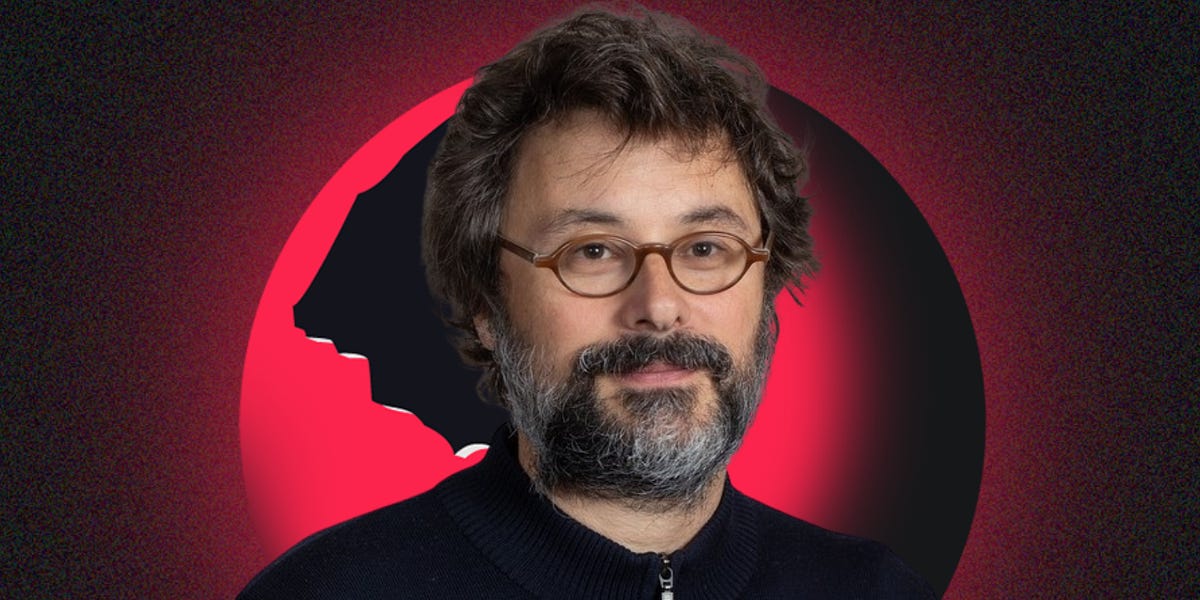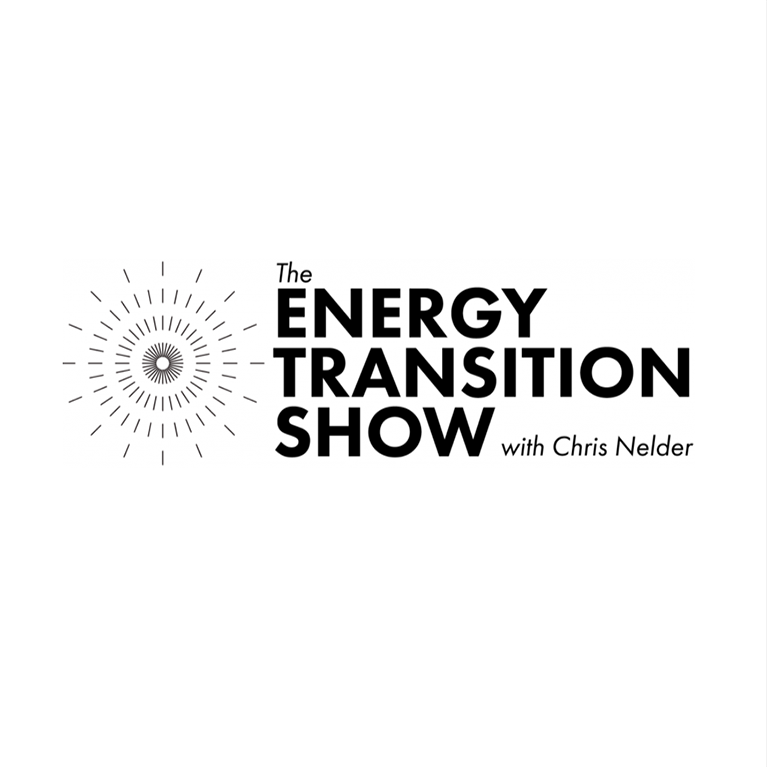Climate risk and energy transition

We usually publish one book and one podcast recommendation each month on CA-WN Exchange. This month instead of a book, I’m going to suggest reading a short article published on LinkedIn*, and tie that in with two podcasts.
The article, ‘Climate, Risk, Insurance: The Future of Capitalism’ is by Günther Thallinger, a board member of the insurance company Allianz SE. It’s quite pertinent this month because the theme of the CA-WN Public Meeting on 17 April is climate adaptation risk.
Thallinger sets out concisely and clearly the risk climate change presents to the insurance industry and wider financial markets, and why ‘business as usual’ responses to risk (including insurance) won’t work, describing the consequences of climate change as ‘a systemic risk that threatens the very foundation of the financial sector’. Many of us may not have much sympathy for the fate of the financial sector, but of course its failure would have devastating repercussions for us all.
Thallinger concludes by saying that we already have the technologies to switch from fossil fuels to renewables, and that the imperative is to speed up and scale up this transition.
By coincidence I had just finished listening to an episode of the podcast Planet: Critical, which seemed to question whether such a transition is even possible. The episode’s title is ‘The “Energy Transition” is a Pipe Dream’, and in it historian Jean-Baptiste Fressoz contends that the track record of the human race is not to transition from one form of energy to another but to increase consumption to absorb the new energy source: coal didn’t replace wood, oil hasn’t replaced coal, and ‘clean energy’ won’t replace fossil fuels.
Fressoz argues that what’s required is to reduce energy consumption, something which could be achieved relatively quickly and easily (in comparison to energy transition) if only those of us who live in societies that routinely over-consume were willing to put constraints on our behaviour. Fressoz suggested that one way this could happen is to give more influence to ordinary citizens, who are inclined to be bolder than their political leaders if they truly understand the effects of climate change.
Further digging around on the energy transition topic led me to a second podcast, The Energy Transition Show, a name which might give a clue about which side of the fence it's on. The episode I listened to is called ‘Doomers vs Transitionistas’ – it’s a couple of hours long, most of which is an interview with Marco Raugei, a senior researcher from Oxford Brookes University, who has studied and written extensively on aspects of the energy transition. To cut it very short, the gist of the episode was: energy transition is possible for lots of reasons, and necessary to cut emissions and avoid the worst consequences of climate change. It won’t address any other human-caused problems such as pollution, biodiversity loss, and social inequity. Fixing these will require a fundamental cultural and social transformation, which scientists and technology can’t deliver.
It seemed to me that these podcasts, while apparently very much at odds, shared a common message – we collectively broke it, we need to collectively fix it. A timely message when we are a month away from voting in a new set of unitary (and town and parish) councillors.
*Credit to Rupert Read of the Climate Majority Project for sharing this.






